This is one of the books I read during my two-week holiday/belated honeymoon in Prague and Budapest, mostly while in transit. (I'm a compulsive reader, but even I found more interesting things than reading to do in Europe.) I'll be catching up on my blog posting over the next few days. (A few days later: or weeks...)
This is also, incidentally, the book I was reading in Prague airport which I was forced to surrender to my checked luggage due to the terrorist threats that week.
I've read all of Iain M. Banks' Culture space operas, as well as some of his non-M. literary works. I think I would have appreciated this book more if someone else had written it; it was well-written, fun, and for Iain M., fairly average. Which is still very good...
I nearly didn't read it at all. Mr. Banks has a skill for writing vivid, memorable, utterly repellant scenes - the live-human-eating cult in Consider Phlebas comes to mind - and this book included one right at the beginning. I have what is sometimes an unfortunately visceral imagination, and the fate of the bodiless head that was being used for a punching bag was a bit much for me. Fortunately, the rest of the book was relatively light on such things.
As a side note, the Archimandrate Luseferous, the leader of the invading force who punched the disembodied head, broke so many of the rules on the
Evil Overlord List that I was forced to wonder if Banks used the list while designing his character. (For example, see rules #17, #24, #49, and also the bits about properly securing ones' noxious pets.)
I missed the Culture. I like the odd interplay of moral shallowness and depths that their hedonistic, AI-supported society lends itself to... but back to the book in hand.
Dwellers are members of an ancient, galaxy-spanning civilization of gas-giant inhabitants who live for millions or, if lucky, billions of years. (Despite or because of this, to the casual human observer they often appear to have the approximate maturity level and attention span of a typical pre-teen, or possibly a celebutante.) Fassin Taak is a human scholar in Dweller Studies, one of the few non-Dwellers who actually gets to talk to Dwellers face to face and has some measure of understanding of them. To do this in the gas-giant atmosphere he employs a small, carefully-crafted ship. For various war and plot-related reasons, Fassin is sent on a mission to try and find an important Dweller document.
For me the Dwellers were the best part of the book. At first they seem to have been thrown in for comic relief, frivolous and bumbling, but there's more to them, and I think it's actually a fairly subtle portrayal. What would a society of beings that live, grow and learn for millions of years look like?
These look rather like the Culture, in a way. Both are civilizations whose inhabitants lack some of the basic motivators we take for granted. No economic motivators; technology's advanced and pervasive enough to do anything that needs to be done, produce anything that needs to be produced, on request. With universal lack of economic want goes most urges towards social change, philanthropy and activism, other important motivators in this reality. Science and engineering are a set of solved problems, and the main remaining field of inquiry is history. So, most of the concerns we consider serious and adult simply aren't there to be concerned about. Not surprising the beings in question might seem frivolous and hedonistic, even juvenile. They've not much to worry about except how to kill time.
Some do more than that, though. And gradually, we get to see some of what they've been up to.
One of the things I like most about Banks' Culture books is the way that background lets him isolate the biggest questions. They've delt with everything that can be solved with money and technology and medicine. The Dweller parts of this book didn't explore those themes, and the Dwellers themselves were more alien than anything biology-based in the Culture universe. But perhaps not alien enough, given the huge amount of time and life and biology that separated them from the quite comprehensible humans? I'm not sure. The book seemed to have more possibility than it used, in the end.




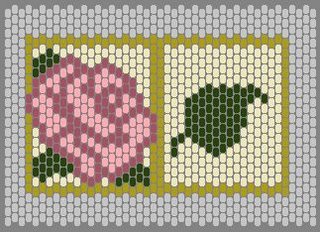


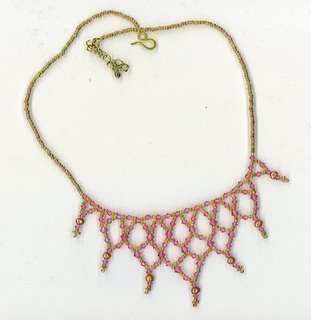
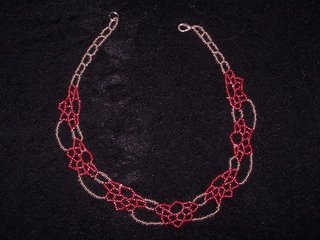
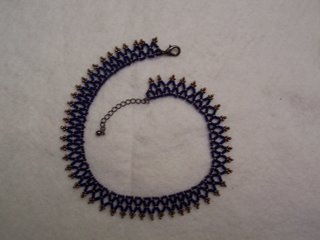
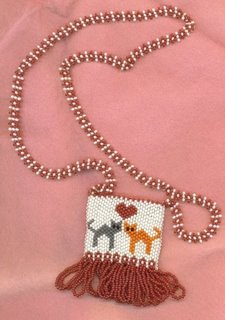
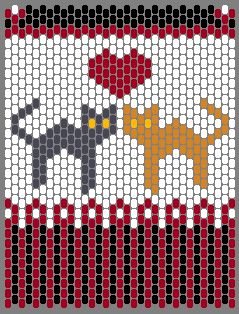
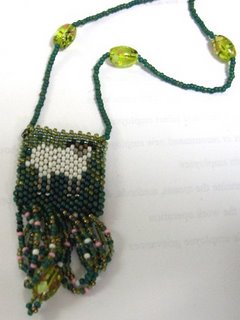
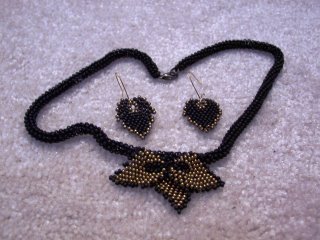 This Russian Leaf set was the first large project I attempted and the first that I designed myself, and I was very fond of it. Unfortunately, it was destroyed in a car fire.
This Russian Leaf set was the first large project I attempted and the first that I designed myself, and I was very fond of it. Unfortunately, it was destroyed in a car fire.